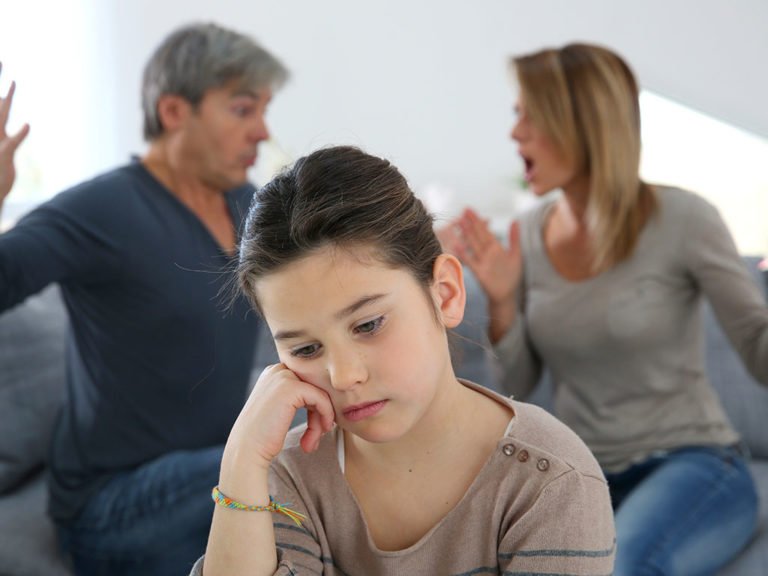A client once told me, “Alcoholism is a fire that has raged through my family for generations. We’ve all been burned. We all carry its scars.”
Addiction Distorts Family Roles, Rules and Rituals
Addiction negatively affects the subsystems of:
- Intimate adult relationships
- Parent-child relationships
- Sibling relationships
It also alters the family’s relationship with the outside environment. Most of all, it affects the long-term development of children exposed to parental addiction.
This concept isn’t new. Even back in the 1830s, T.S. Arthur’s novels and plays such as The Drunkard, One Cup More, and The Doom of the Drunkard vividly portrayed the devastating effects of alcoholism on the family.
In 1835, Robert MacNish observed that alcoholism could “descend from parents to their children.” He further explained that while this might stem from “bad example and imitation,” it was more likely a problem of “family predisposition.”
How Adult Children Are Affected
Childhood trauma resulting from parental addiction unfolds developmentally within three domains of adult life:
- Emotional turmoil
- Disorders of perception and thought
- Self-destructive behaviors
Biological vulnerability, developmental trauma, and social learning elevate the risk children of alcoholics face in their own relationships with alcohol and other drugs.
Families Find Support In ACoA and Al-Anon
Pioneers Claudia Black, Sharen Wegscheider-Cruse, and Janet Woititz began to view the alcoholic’s family members as more than just sources of support for the alcoholic’s recovery. They were actually patients in their own right, who suffered from a condition that required treatment and support services.
This transition gave rise to a new clinical specialty within the psychotherapy and addictions fields, counseling children and adult children of alcoholics. It also gave rise to a broader social-support movement.
Codependency Often Co-exists With Addiction
Melody Beattie, John Bradshaw, and others extended the concept of co-alcoholism to the concept of codependence. Codependency was defined via an ever-expanding, all-encompassing symptom checklist. Fueled by Beattie’s writings and Bradshaw’s lectures spawned another family support group, Co-Dependents Anonymous.
In response to this wave of interest, addiction treatment programs began offering treatment tracks for persons suffering from the “disease of codependency.” They also lengthened residential stays for alcoholics and addicts to address “codependency issues.”
How Family Members Can Heal And Help
Family members affected by addiction have historically been a potent force. They pursued broader policy issues related to the sources and solutions of alcohol and other drug problems.
They also created support groups that provided a sanctuary of healing for family members wounded by addiction for more than 160 years. Today, more than 390,000 people find relief and support in one of the 30,000 Al-Anon registered groups. These groups provide family support and relief by other recovery mutual aid societies.
Finally, it only takes one person in recovery to change the whole family’s dynamic. Once one person starts setting boundaries and quits accepting unacceptable behavior, other members often change too.
Content originally published by William White. Note: Content may be edited for style and length.





















